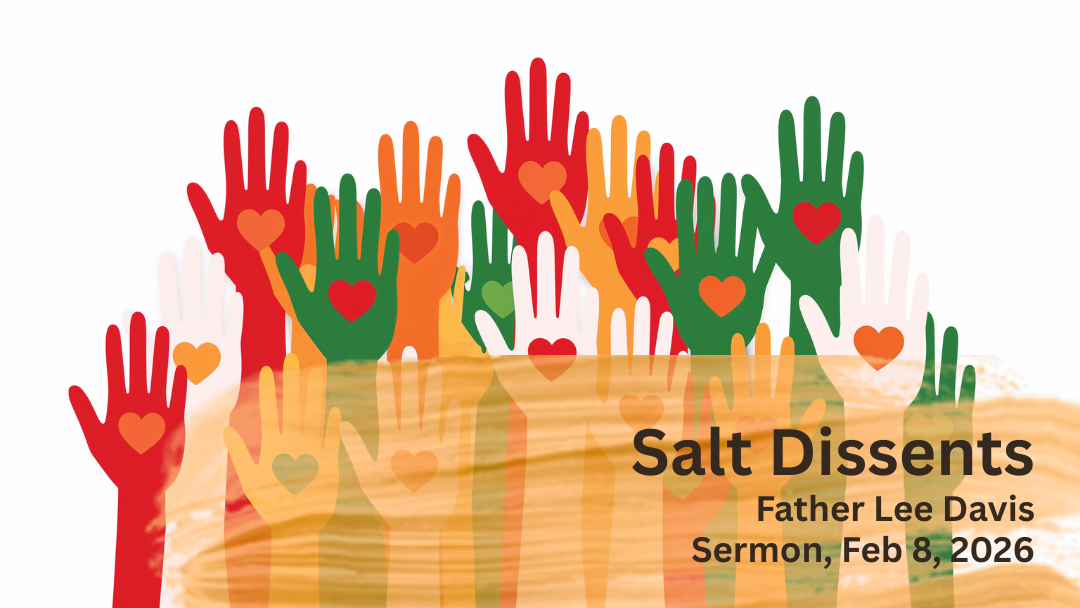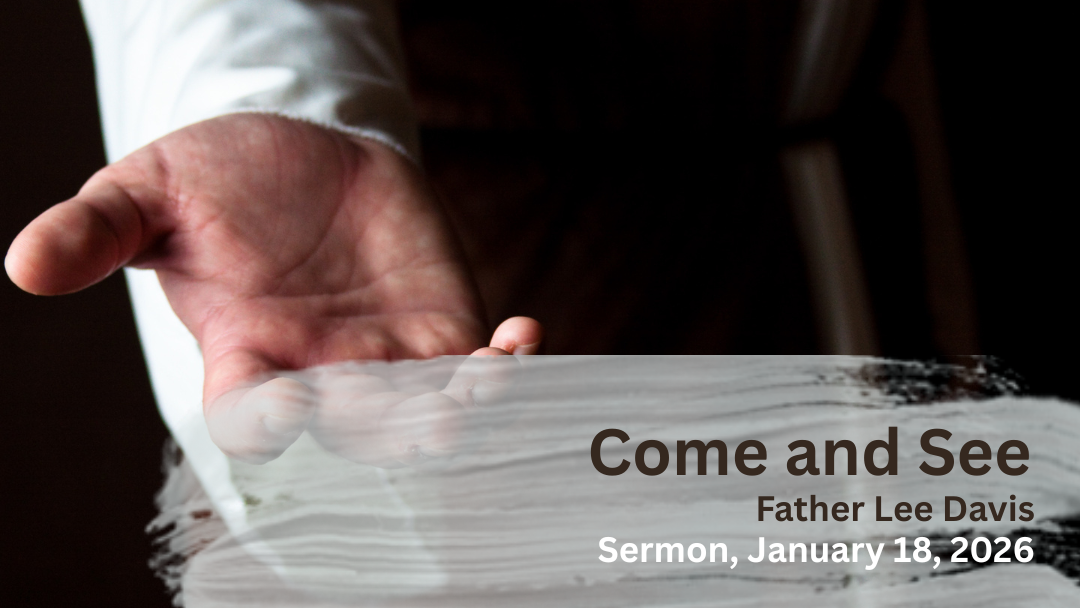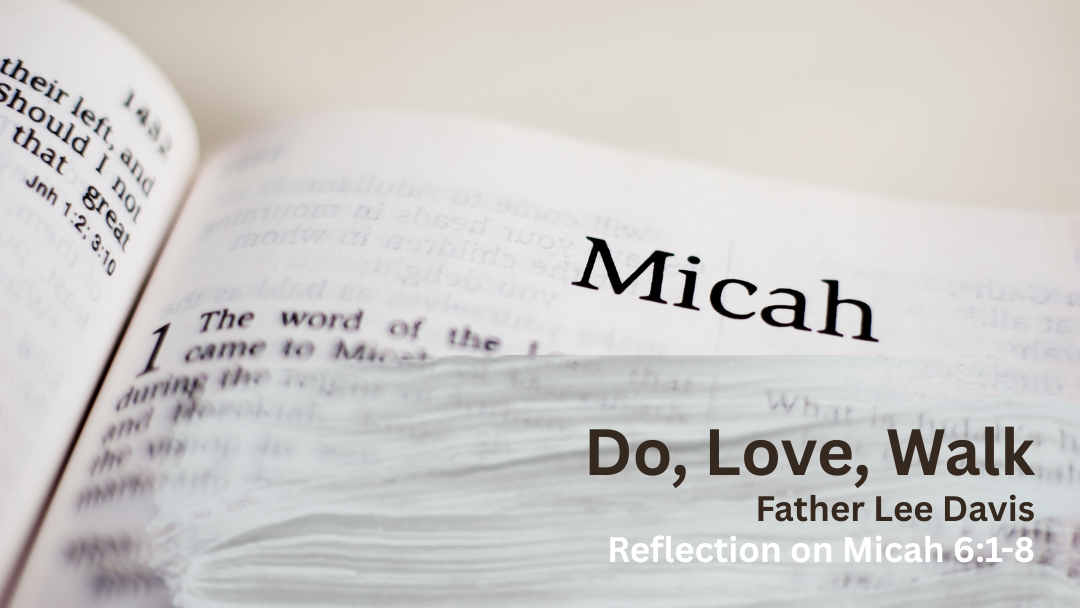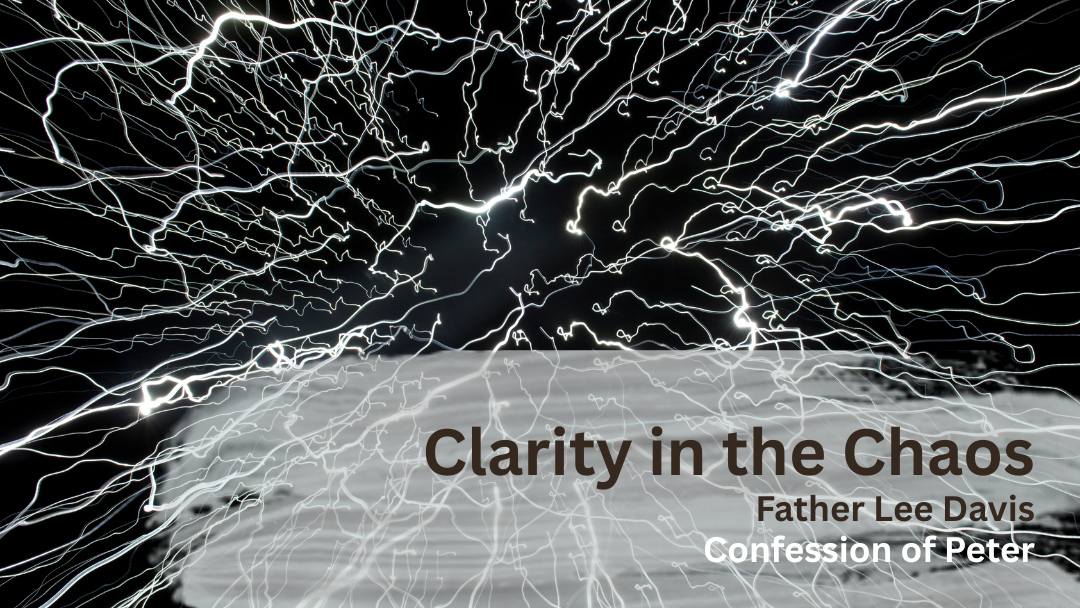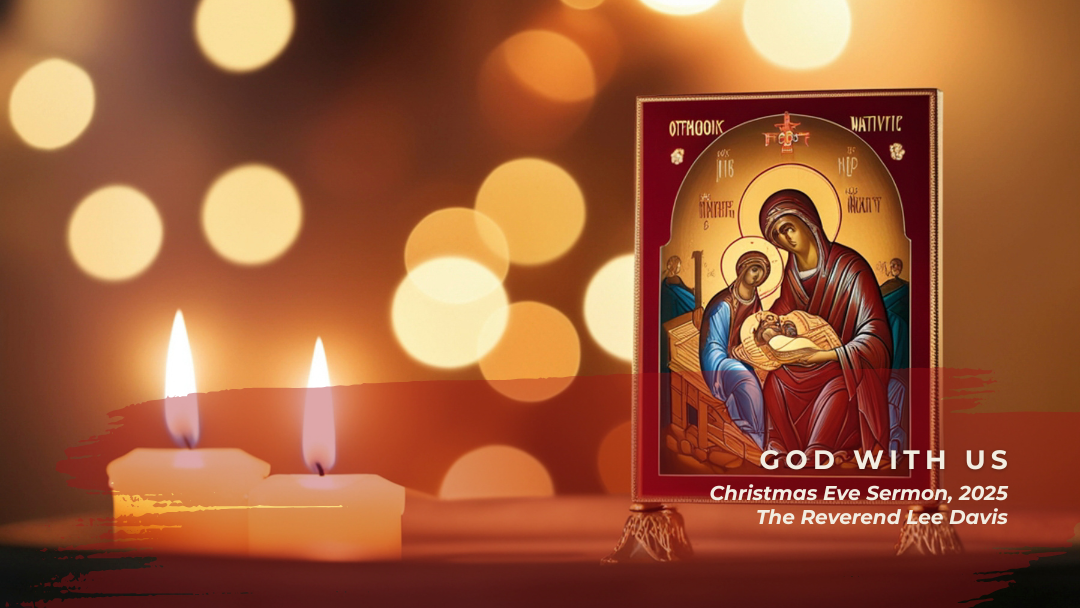With Unveiled Faces
With Unveiled Faces: Living with Hope and Integrity in Divided Times
"Since, then, we have such a hope, we act with great boldness..."
— 2 Corinthians 3:12 (NRSV)
In times of deep division—when the world feels fractured by political strife, social discord, and uncertainty about the future—what does our faith call us to do? As we reflect on 2 Corinthians 3:12–4:2, Paul offers us a way forward: to live with unveiled faces, in boldness, integrity, and hope.
Paul speaks of the contrast between veiled and unveiled vision—how, through Christ, we are invited to see clearly and live truthfully. This passage reminds us that the gospel is not about hiding behind fear or falsehood but about stepping into the light of God’s transforming love. As Episcopalians, we are called to this same openness, to be people of courage and reconciliation in a world that often rewards division over unity.
Paul tells us that because of the hope we have in Christ, we are called to act boldly. But boldness in Christ is not the same as arrogance or self-righteousness. It is the boldness to love when it is easier to hate, to listen when it is tempting to shut others out, and to speak the truth with grace rather than condemnation. In our divided times, it is easy to retreat into echo chambers, to dismiss those who think differently, or to respond with cynicism rather than hope. Yet Paul calls us to something greater: to stand firm in our faith, not as partisans of any ideology, but as witnesses to God’s reconciling love.
Paul’s words in 2 Corinthians 4:2 are particularly powerful: “We have renounced the shameful things that one hides; we refuse to practice cunning or to falsify God’s word, but by the open statement of the truth we commend ourselves to the conscience of everyone in the sight of God.”
In a time when misinformation and fear often shape public discourse, Paul’s call to integrity is more relevant than ever. As followers of Christ, we are called to be truth-bearers—not by twisting words to fit our own narratives, but by speaking honestly and living transparently. This means engaging with humility, acknowledging complexity, and seeking justice without falling into the traps of manipulation or division.
As Episcopalians, we are shaped by a tradition that values the via media—the middle way—holding together differences in a spirit of common prayer and shared faith. This does not mean we avoid hard conversations or settle for shallow unity. Rather, it means we commit to walking together, even when it is difficult, and to seeing Christ in one another, even when we disagree.
Our baptismal covenant calls us to seek and serve Christ in all persons, loving our neighbor as ourselves, and to strive for justice and peace among all people, and respect the dignity of every human being. These promises shape our response to the divisions in our nation. They remind us that our faith is not about choosing sides in a political battle, but about bearing witness to a kingdom that transcends earthly divisions.
Paul’s imagery of unveiled faces is a powerful one. To live with an unveiled face is to live with authenticity and courage, allowing God’s light to shine through us. It means refusing to be blinded by fear or resentment and instead embracing the transformative work of the Spirit.
As we navigate this challenging time in our nation, may we remember that our boldness comes from hope, not from fear. Our commitment to truth must be unwavering, not for the sake of partisanship, but for the sake of the gospel. And our call to reconciliation is not a passive one, but an active, faithful response to God’s love.
Let us move forward with unveiled faces, reflecting the light of Christ into a world that desperately needs it.





